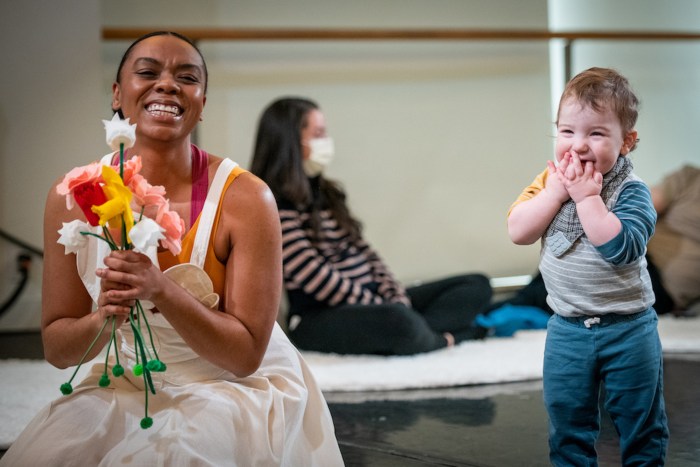AHMEDABAD/LUCKNOW, India (Reuters) – Hardline Hindu groups are demanding restrictions on wearing the hijab in classrooms in more Indian states after a court upheld a ban on the traditional Islamic head-scarf in Karnataka state, worrying Muslim students who had protested against the ban.
The Karnataka High Court decision on Tuesday, backing the southern state’s ban on the hijab in February, has also been welcomed by top federal ministers from Prime Minister Narendra Modi’s Hindu nationalist Bharatiya Janata Party (BJP), who say students should avoid wearing religious clothing in class. [L2N2VI09V]
A female Muslim student has already appealed the verdict in the country’s highest court, which could take up the matter later this month, her lawyer said on Twitter on Wednesday.
There is no national guideline on uniforms in India, and states often leave it to schools to decide what their students should wear.
“We are a Hindu nation and we do not want to see any kind of religious outfit in educational institutes of the country,” said Rishi Trivedi, president of the Hindu-first group Akhil Bharat Hindu MahaSabha.
“We welcome the court verdict and want the same rule to be followed throughout the country.”
The ban in BJP-ruled Karnataka had sparked protests by some Muslim students and parents, and counter-protests by Hindu students. Critics of the ban say it is another way of marginalising the Muslim community that accounts for about 13% of Hindu-majority India’s 1.35 billion people.
Leaders of the Vishva Hindu Parishad (VHP), an affiliate of the RSS, the BJP’s parent organisation, said they have asked for a hijab ban in Modi’s home state of Gujarat and would soon write to the country’s most populous state, Uttar Pradesh. The BJP is in power in both states.
“The hijab is not allowed in the defence forces, police, and government offices, then why the insistence on hijab in schools and colleges?” said VHP’s Gujarat secretary, Ashok Raval. “It is an attempt to raise communal tensions.”
Gujarat Education Minister Jitu Vaghani declined to comment. A state minister and a bureaucrat, speaking on condition of anonymity, said there was no immediate plan to ban the hijab in schools.
Officials in Uttar Pradesh, where the BJP retained control in recent state elections, declined to comment saying a decision will only be taken by the next administration which should be in place in days.
Ayesha Hajeera Almas – who had challenged the Karnataka ban in court – said there is a real fear that the hijab ban will now go national.
The 18-year-old said she has not attended school since late December after its authorities barred Muslim girls from wearing the hijab, even before the state-wide ban came in early February.
“Increasingly, we feel we are living in an India where its citizens are not treated equally,” Almas said from the Karnataka district of Udupi, from where the protests began.
“I am fighting for myself, fighting for my sisters, fighting for my religion. I’m scared that there will be changes like this in the whole country. But I hope it does not happen.”
(Additional reporting and writing by Krishna N. Das; Editing by Raju Gopalakrishnan and Kim Coghill)

























